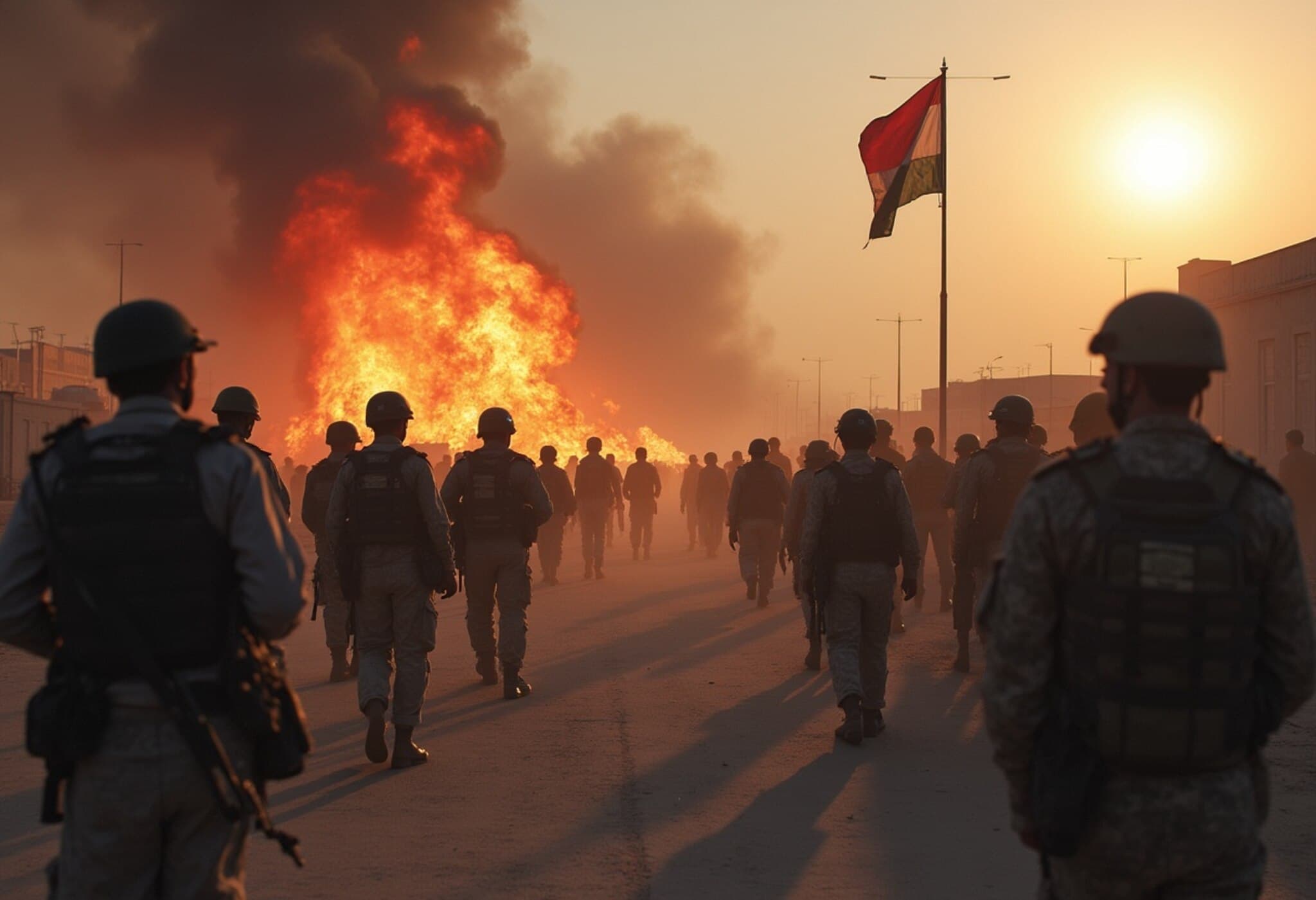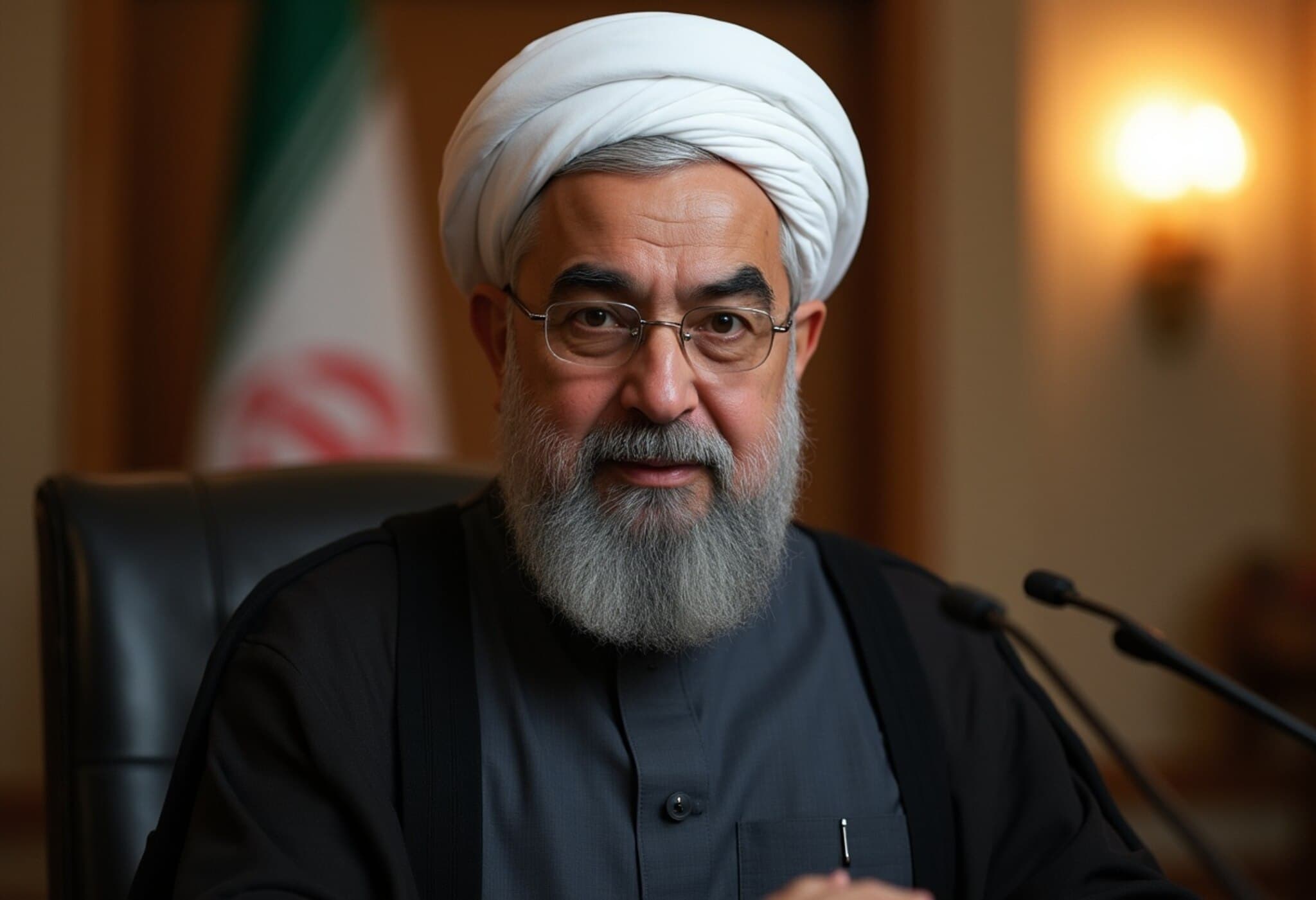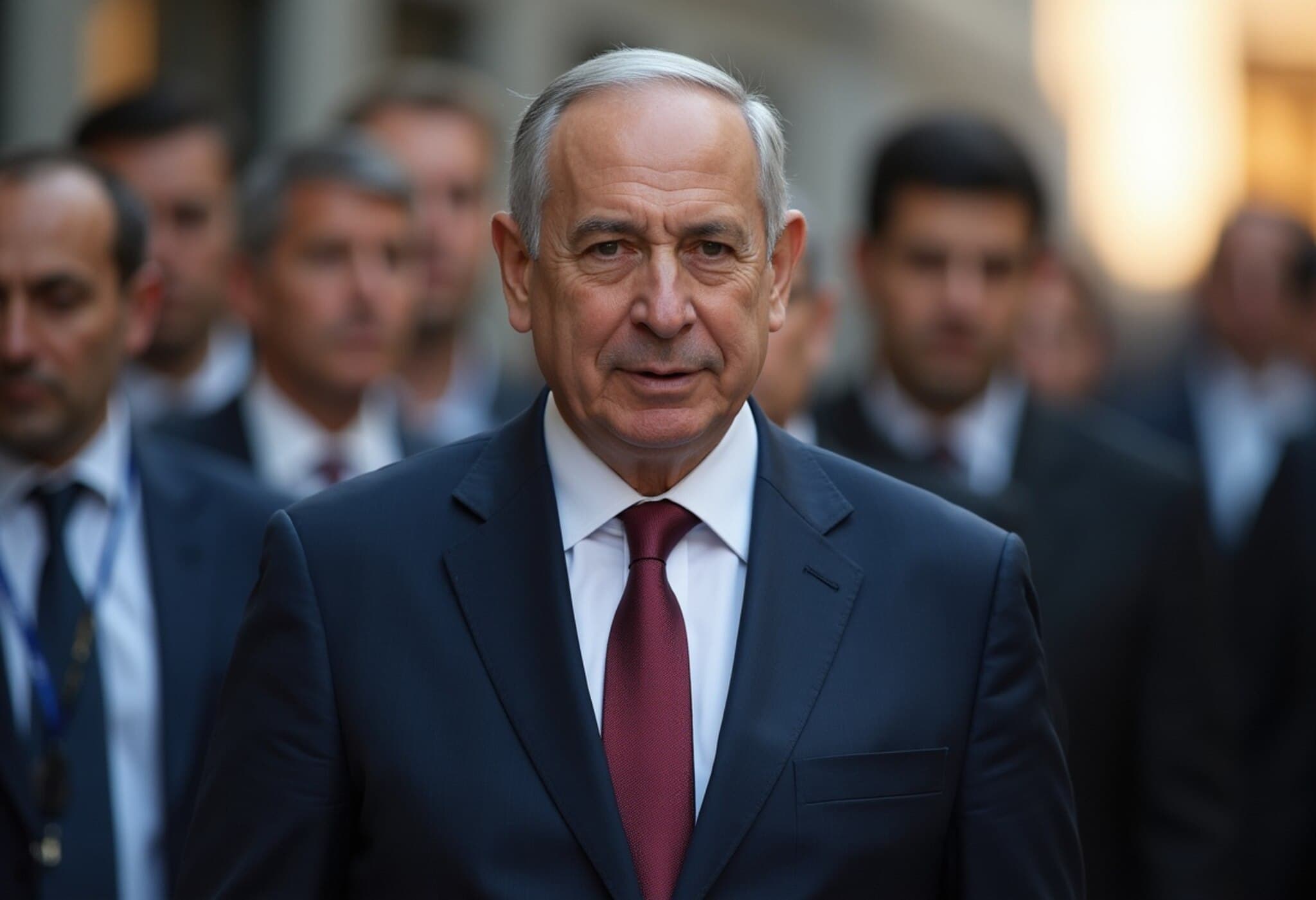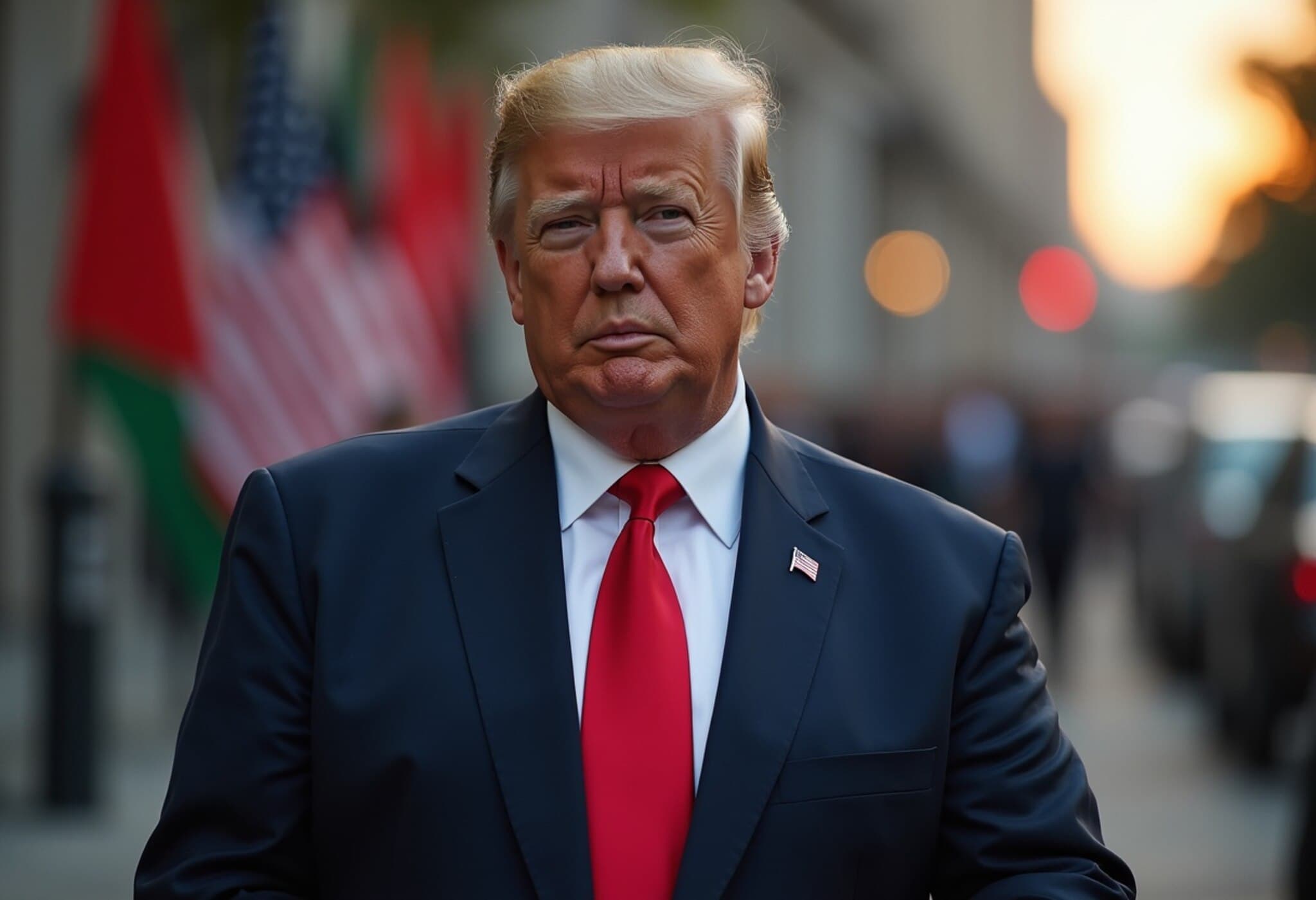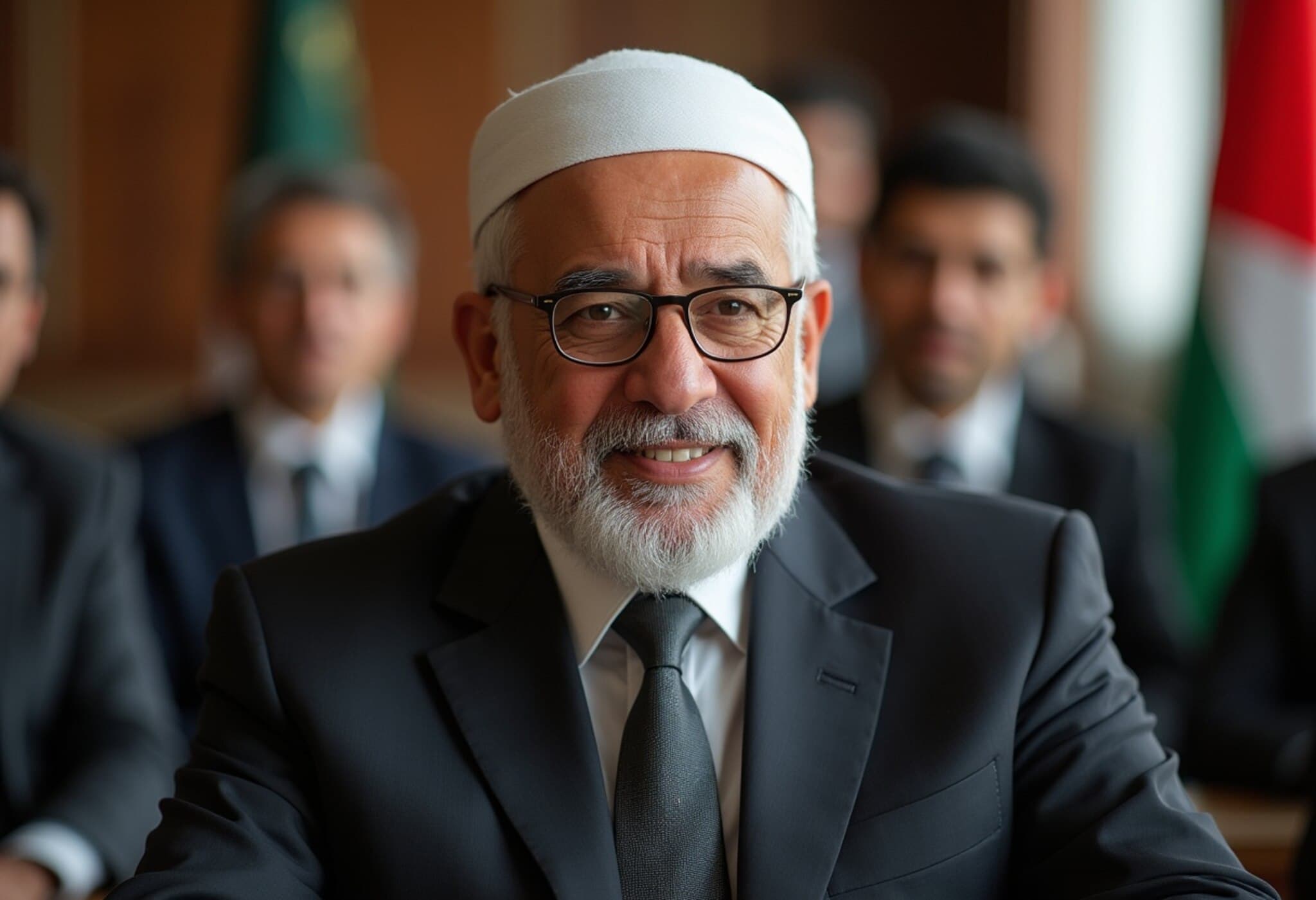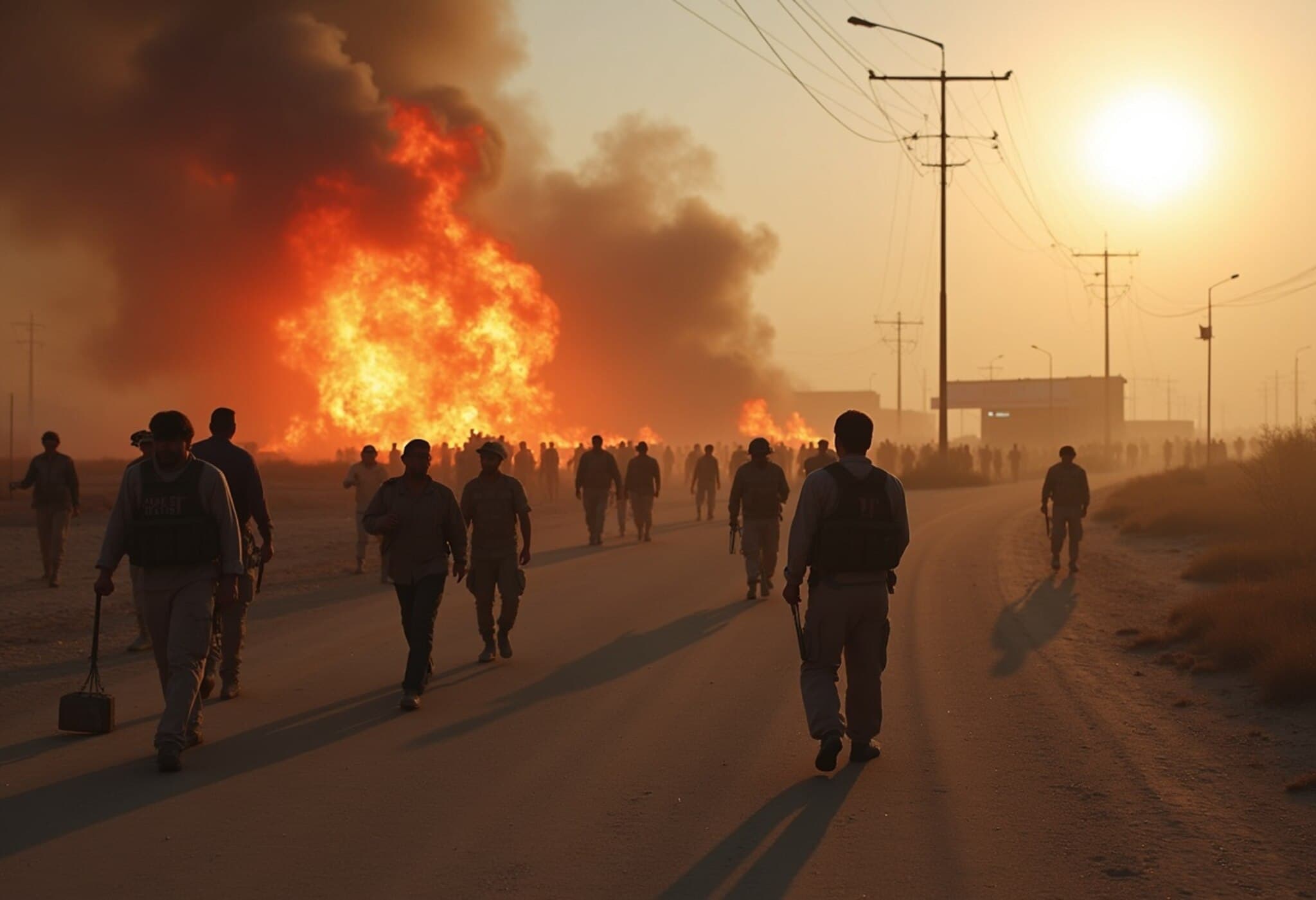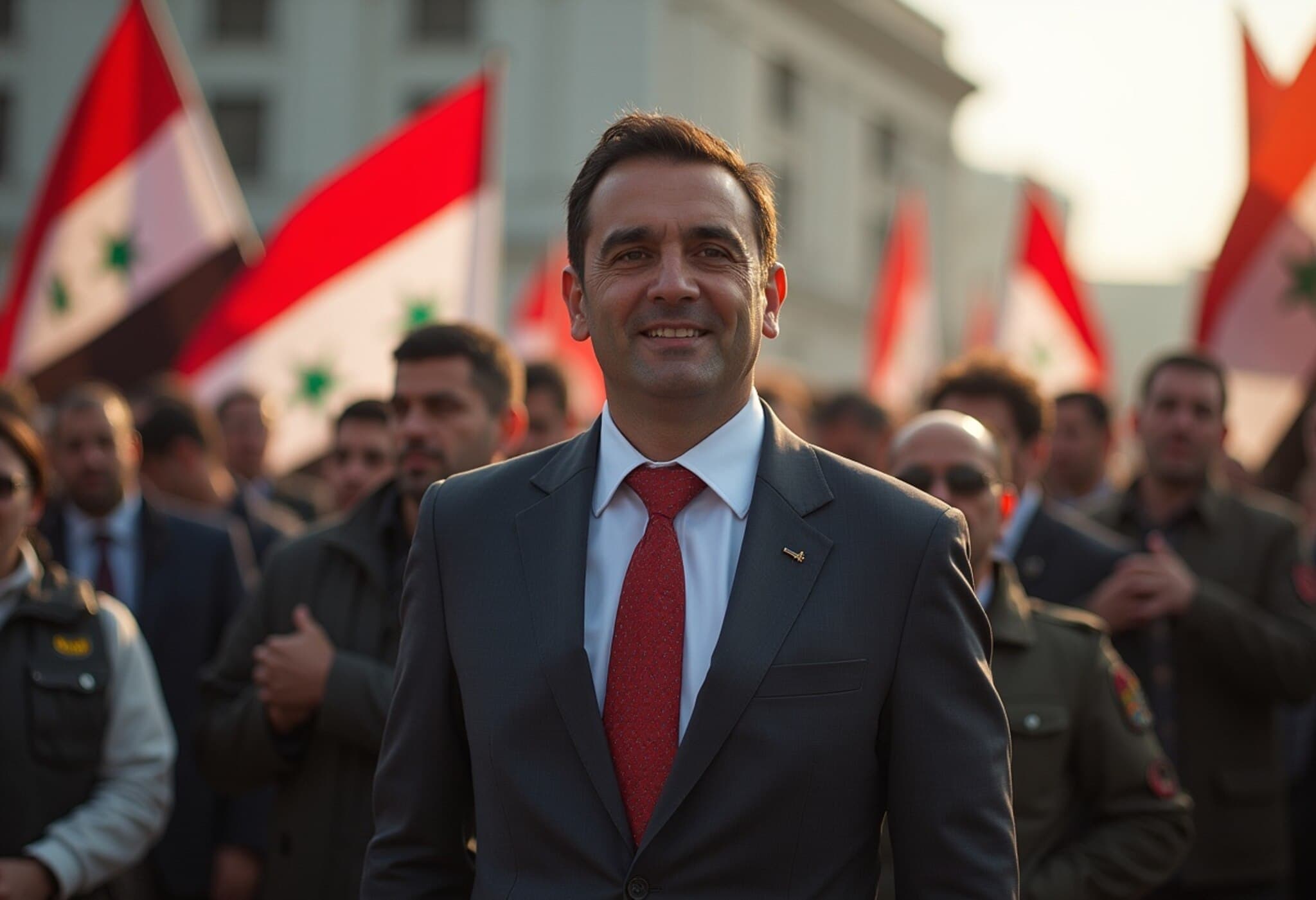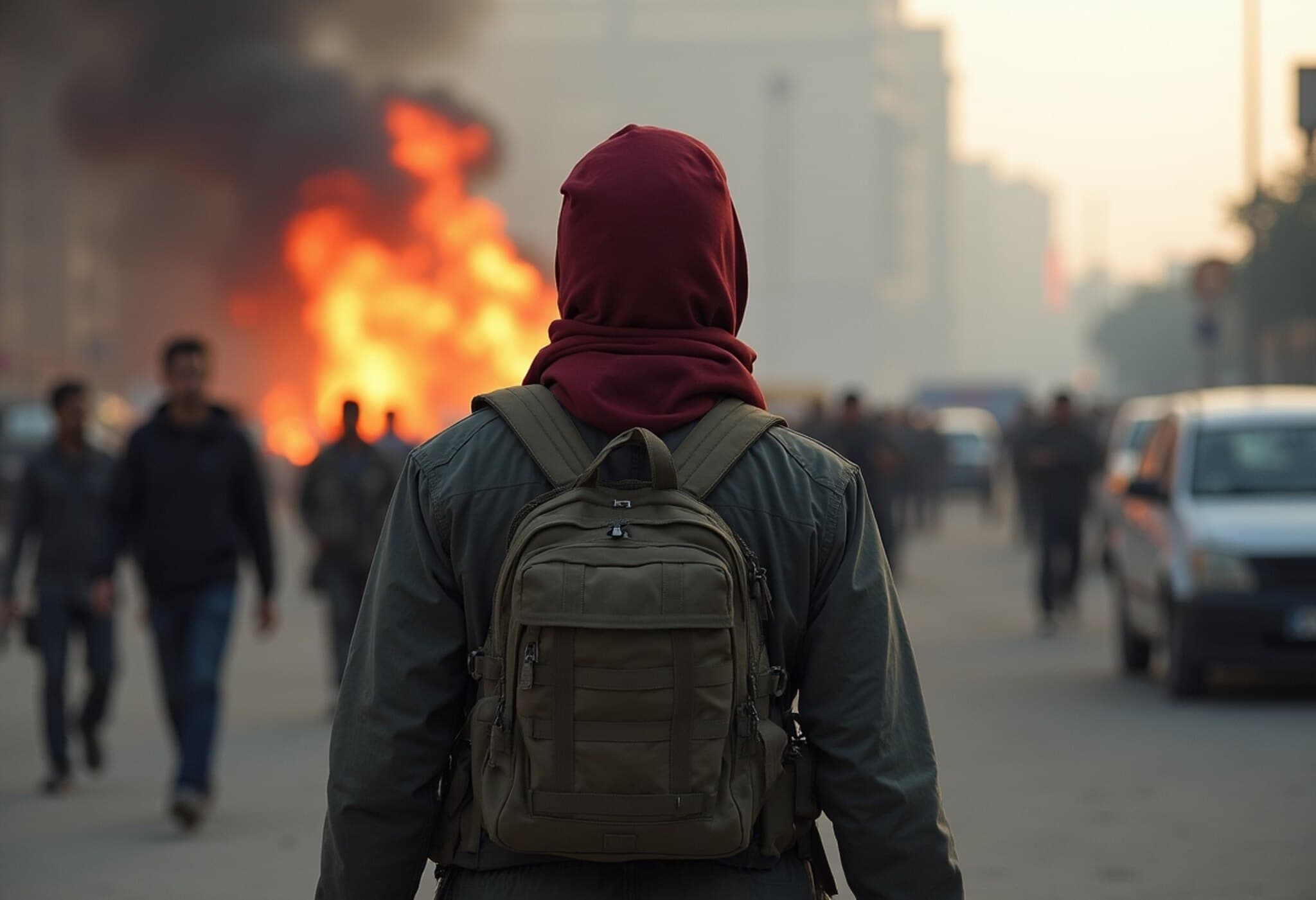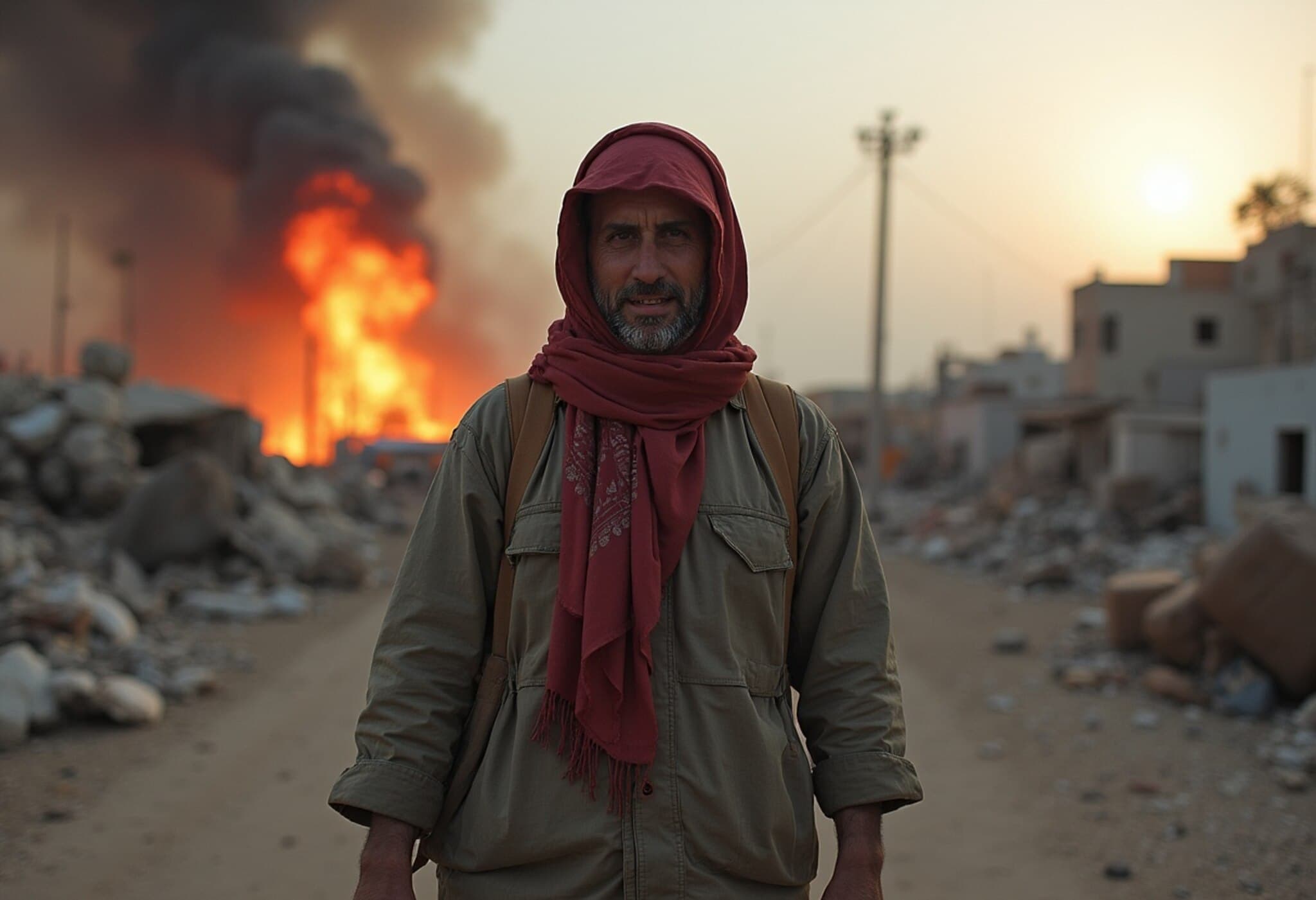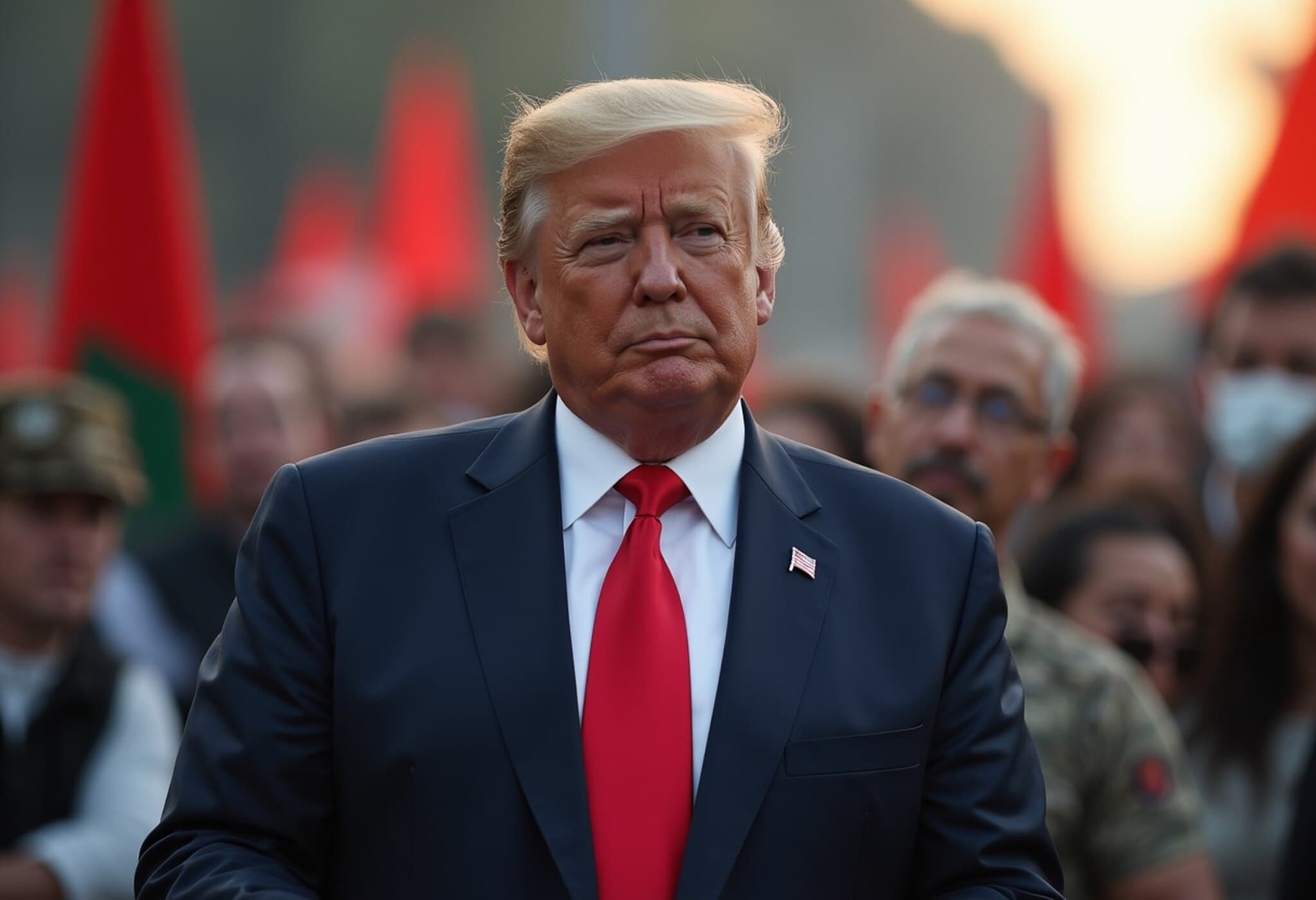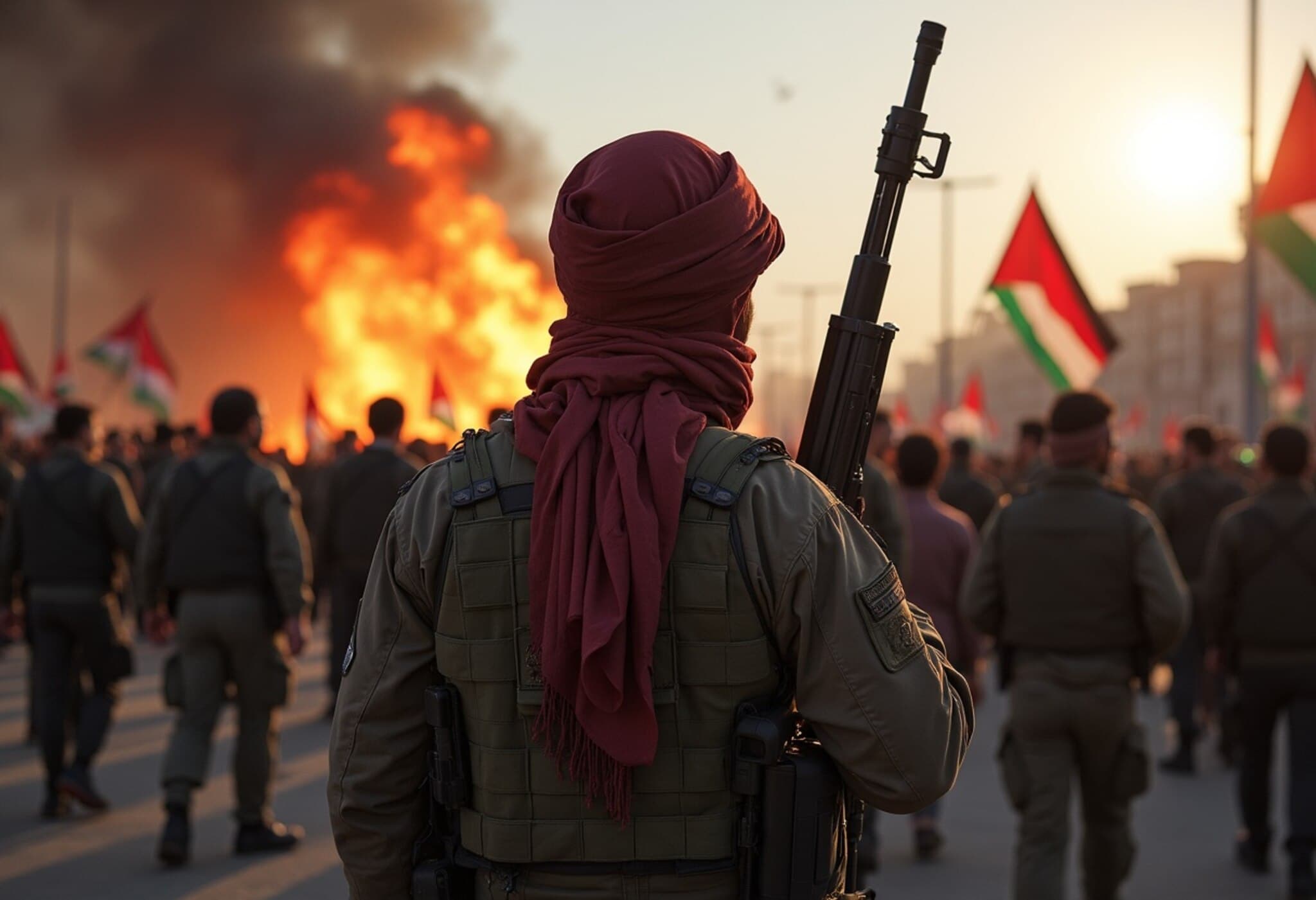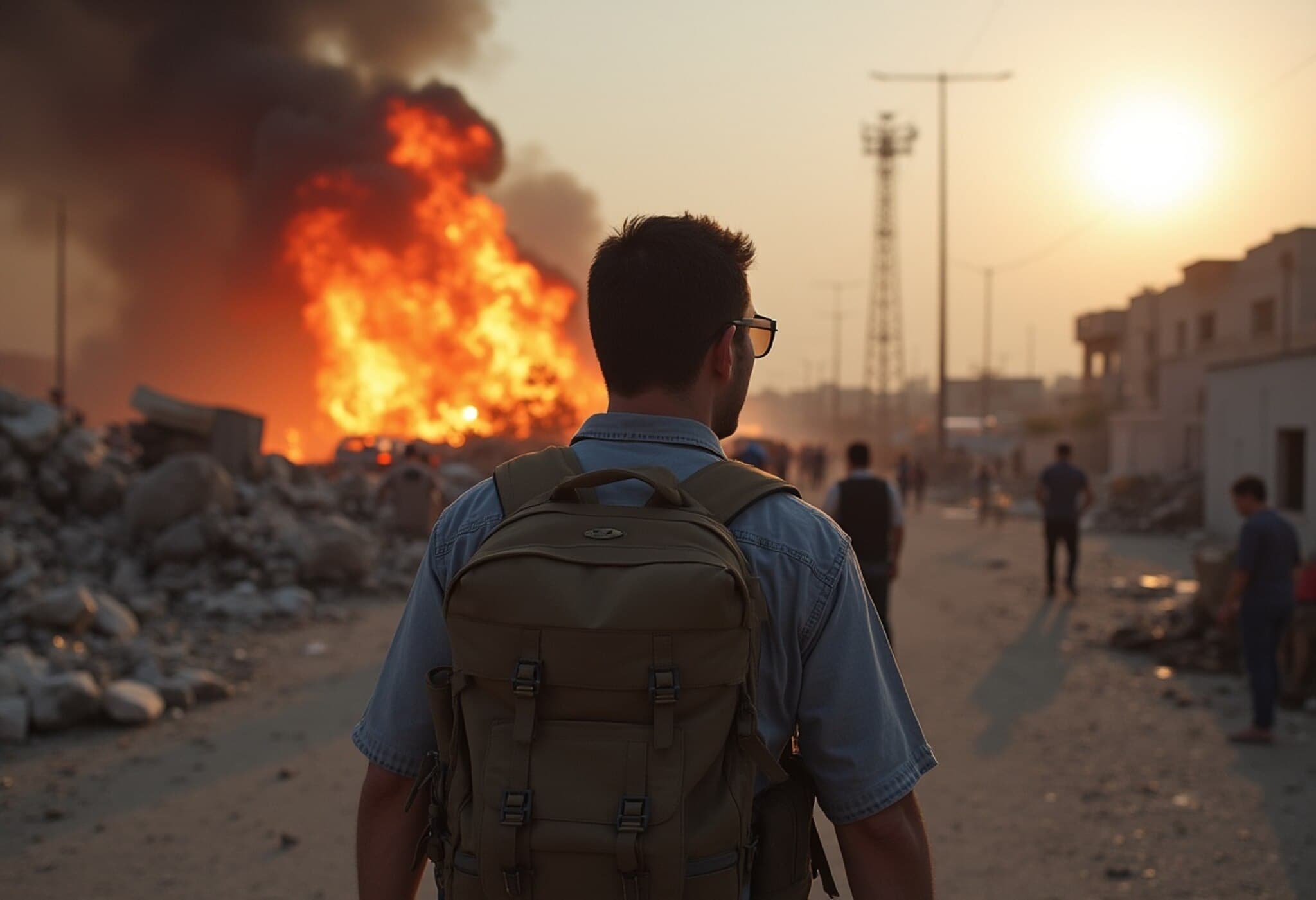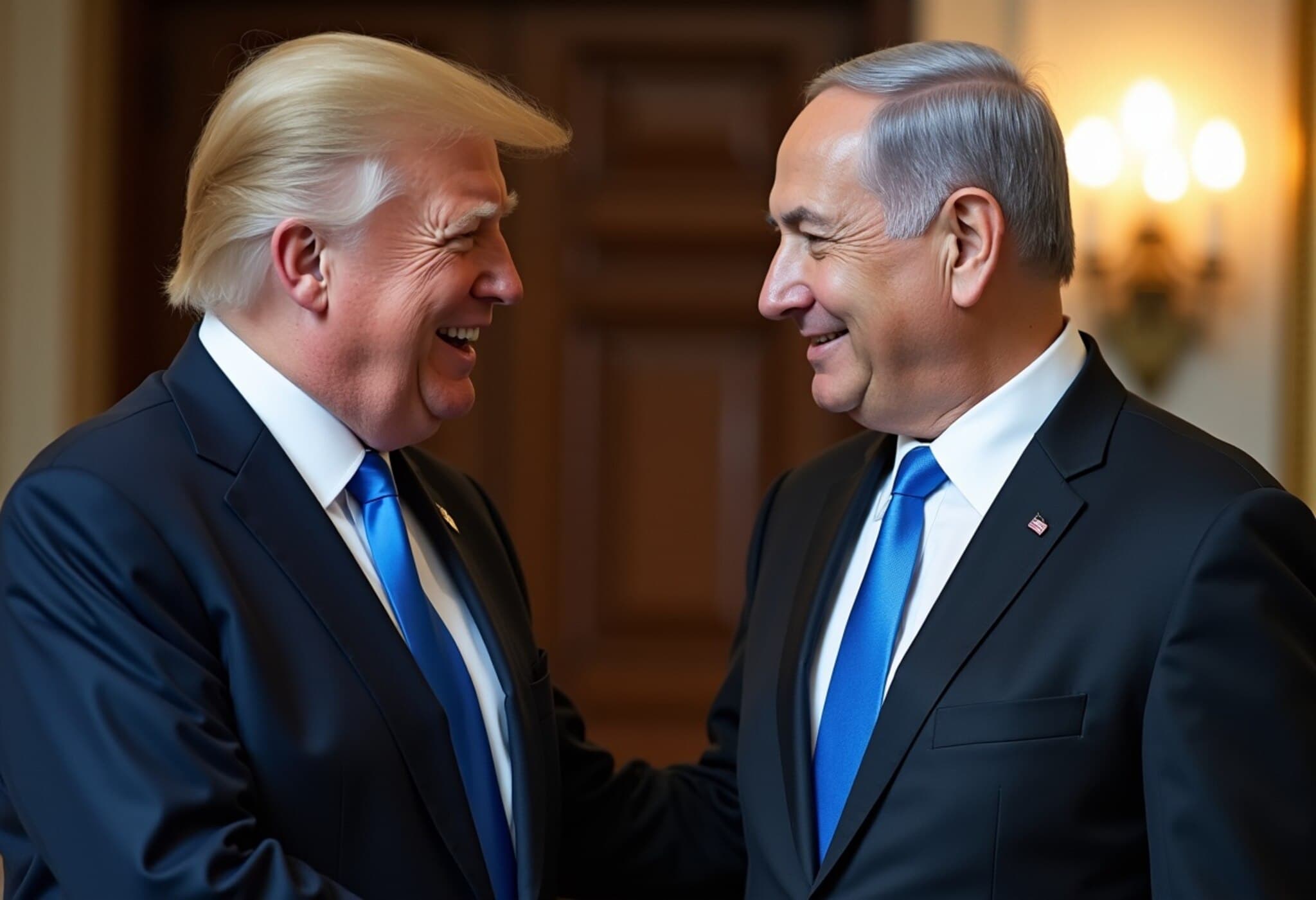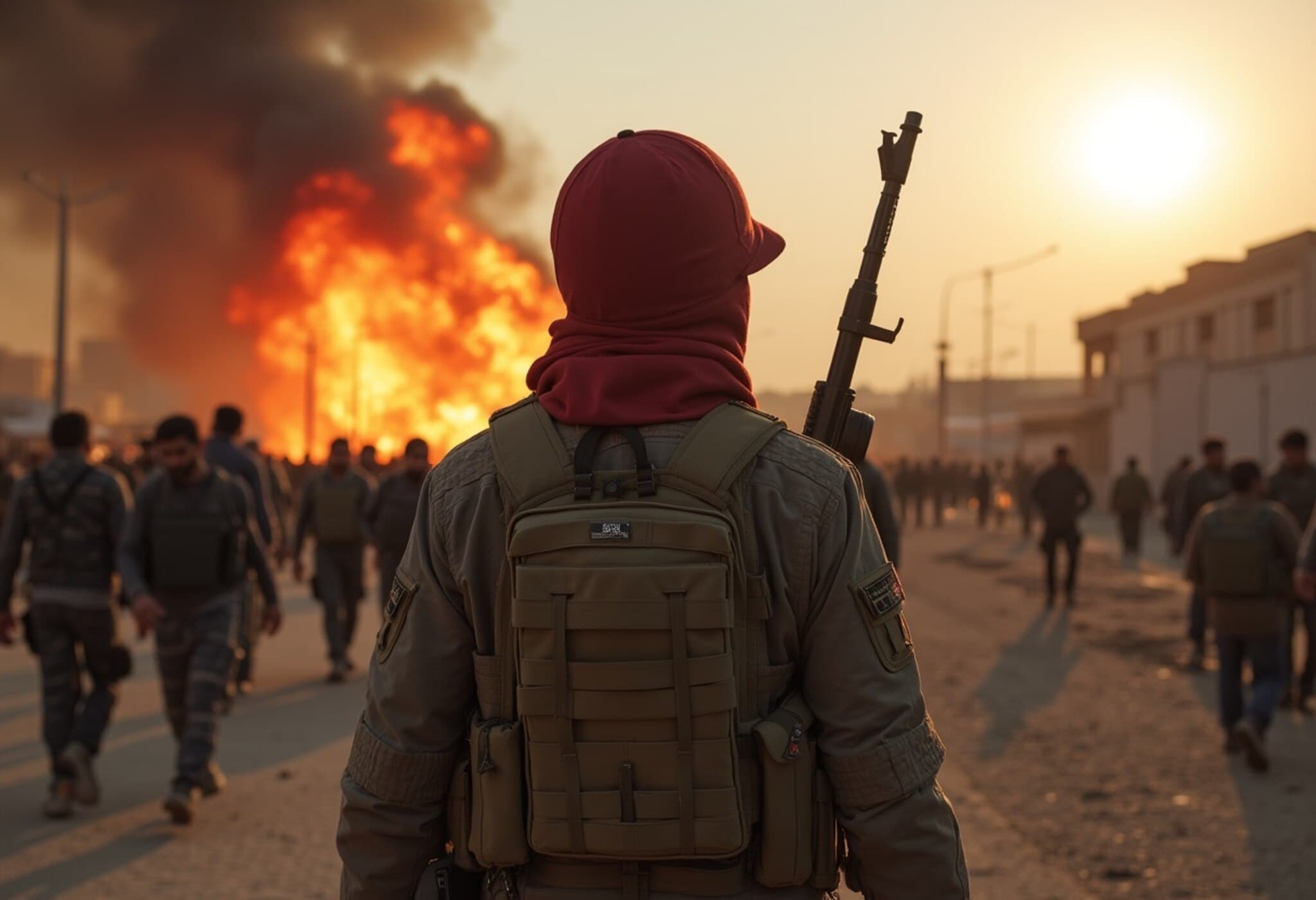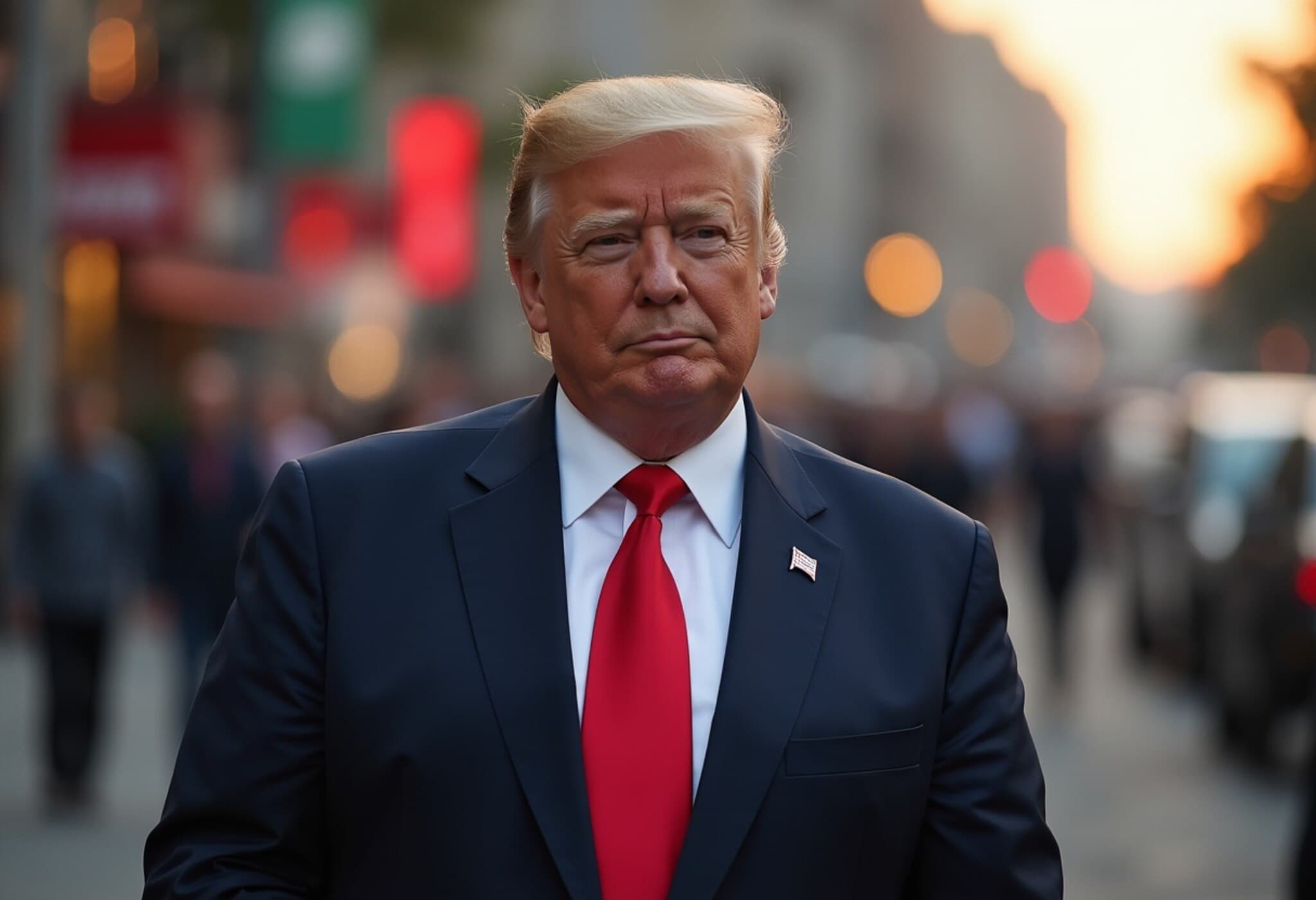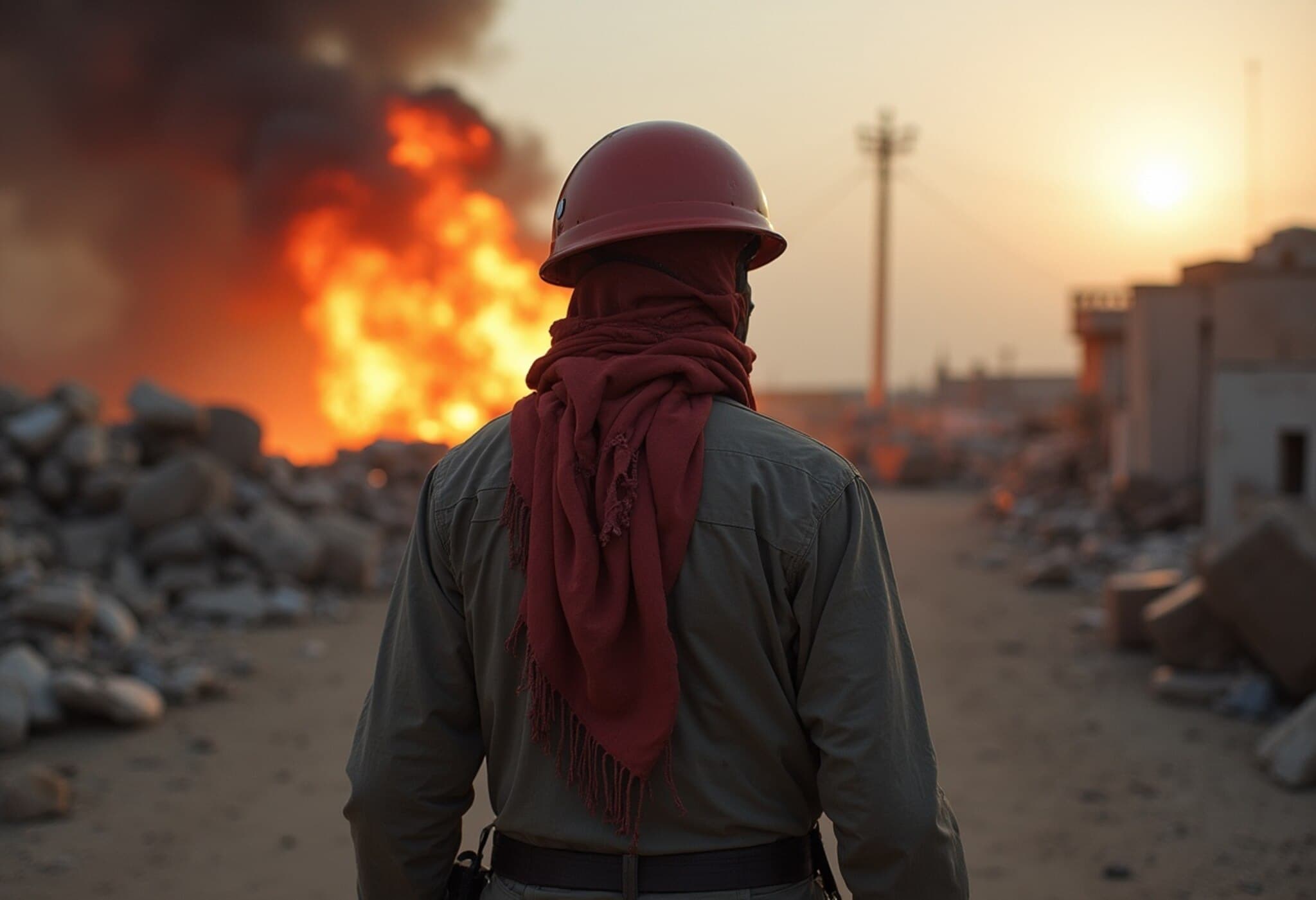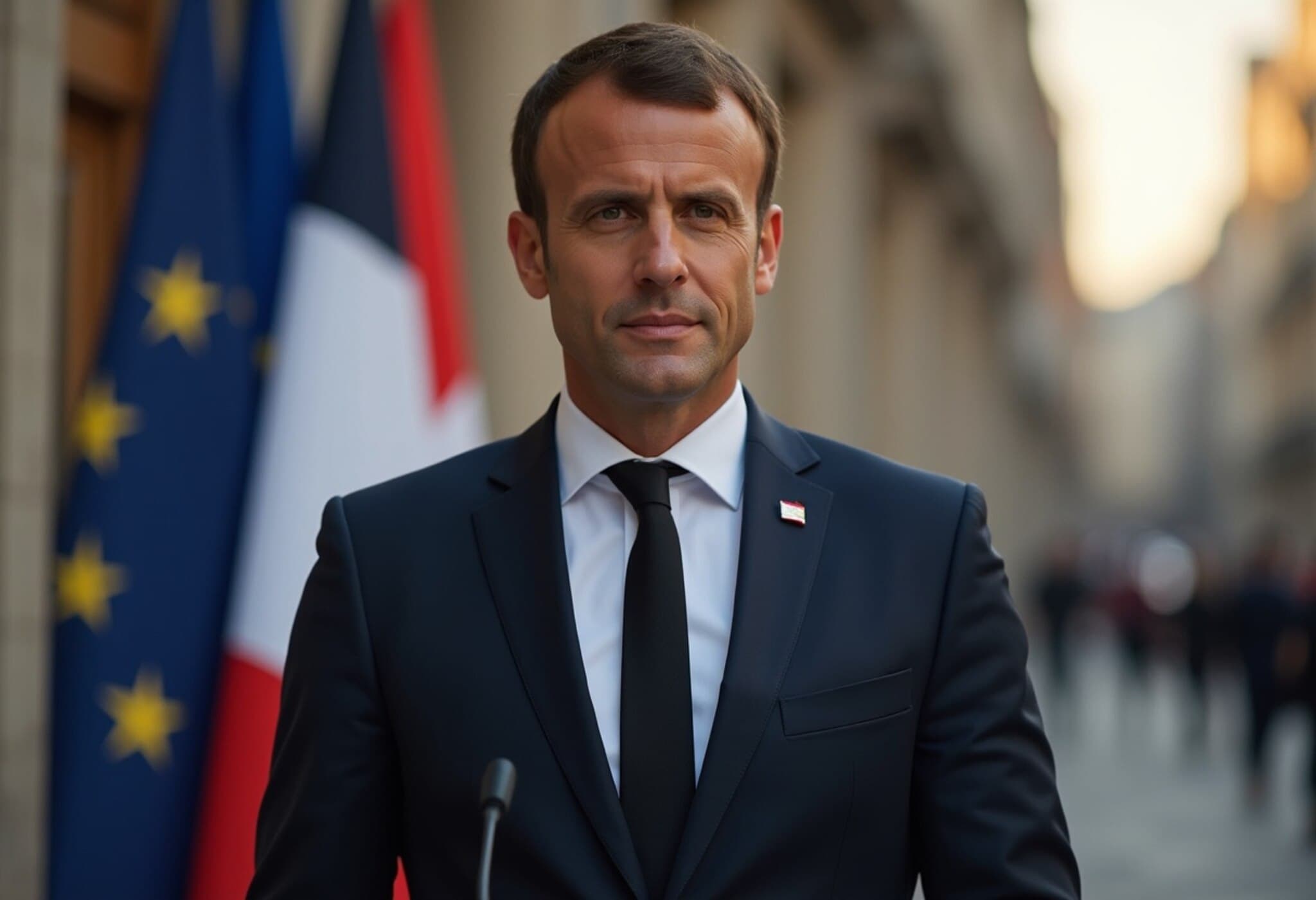Ceasefire Negotiations in Doha End Abruptly
After weeks of intense shuttle diplomacy in Doha, the delicate ceasefire negotiations between Israel and Hamas have fallen apart, prompting the United States to recall its mediation team. The US administration has sharply criticized Hamas for what it calls a lack of sincerity and coordination, blaming the militant group for stalling progress toward a truce and hostage release agreement.
Steve Witkoff, President Trump's special envoy to the region, announced the withdrawal on social media, stating that the latest Hamas response left the US team no choice but to pause talks and reassess next steps. "While our mediators worked tirelessly, Hamas' refusal to engage in good faith forces us to explore alternative measures to secure hostages’ release and alleviate Gaza’s humanitarian crisis," he wrote.
Background to the Breakdown
The indirect talks, primarily facilitated in the Qatari capital Doha, aimed to broker a 60-day ceasefire along with the release of Israeli hostages held by Hamas. Despite some incremental progress, fundamental disagreements have persisted, most notably surrounding the redeployment of Israeli troops post-ceasefire.
Hamas insists on a complete Israeli withdrawal and a halt to military operations as preconditions for releasing all hostages. Conversely, Israel demands Hamas's disarmament and relinquishment of power before any reciprocal steps. This impasse has overshadowed diplomatic efforts and further deepened the conflict's complexity.
Israeli Government's Stance
Israeli Prime Minister Benjamin Netanyahu earlier withdrew Israel's negotiating delegation from Doha, signaling rising frustration with the stalemate. Speaking at a public event, Netanyahu emphasized Israel’s resolve, stating, "If Hamas misreads our readiness to negotiate as weakness or an opportunity to impose surrender terms that endanger Israel, they are gravely mistaken. We are committed to achieving all our war objectives."
Humanitarian Situation in Gaza Worsens
The timing of the ceasefire talks’ collapse is particularly critical as Gaza faces a severe humanitarian crisis. The death toll among Palestinian civilians continues to rise, with many casualties occurring while they sought desperately needed food and medical aid.
In a tragic incident at Gaza’s Al-Shifa Hospital, numerous civilians lost their lives during an Israeli airstrike, highlighting the urgent need for a ceasefire to prevent further suffering.
International media organizations have decried worsening conditions, with reporters themselves struggling amid scarce food supplies and restricted access. The United Nations World Food Programme has warned that almost one-third of Gaza’s population has endured days without food, describing the hunger crisis as reaching "new and astonishing levels of desperation."
Global Calls for an End to Conflict
Amid mounting civilian casualties and international condemnation, a coalition of 28 nations—including Australia, Canada, France, and Italy—has called for an immediate cessation of hostilities. These countries have also criticized Israel for the rising number of Palestinians killed while seeking humanitarian assistance.
US Policy Outlook and Next Steps
Despite repeated setbacks, US officials underline their unwavering commitment to ending the conflict. However, the State Department remains cautious about publicizing potential alternative strategies to secure hostages and restore peace.
When pressed on details of the "alternative options" mentioned by Witkoff, State Department spokesperson Thomas Pigott remarked, "Our commitment to a ceasefire has never wavered. The challenge has been Hamas’ willingness to commit.”
Implications for American Diplomacy
This latest development signals a complicated phase for US diplomacy in the Middle East. It raises difficult questions about how Washington can effectively balance strategic interests, humanitarian concerns, and pressure from domestic and international stakeholders.
Experts note that the failure of indirect talks underscores the difficulty of negotiating peace in a conflict where trust is broken, and mutual existential fears dominate. The US may need to reconsider its role and approach, possibly engaging regional actors more deeply or pursuing multilateral frameworks to address both security and humanitarian imperatives.
Editor’s Note
The abrupt collapse of ceasefire talks between Israel and Hamas serves as a sobering reminder of the complexities underpinning this decades-long conflict. While diplomatic efforts remain critical, they must be complemented by sustained international commitment to humanitarian relief and forward-looking political strategies.
Readers should consider: What alternative pathways exist to break this deadlock? How can global powers effectively pressure non-state actors like Hamas without exacerbating civilian suffering? And fundamentally, what long-term solutions will foster lasting peace and security for both Israelis and Palestinians?

